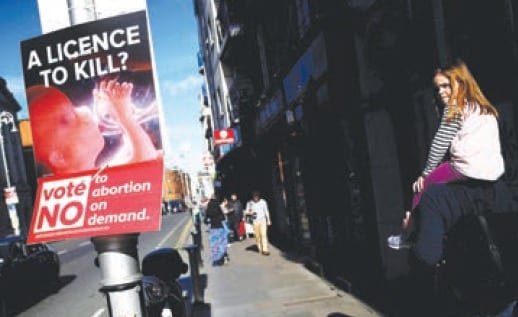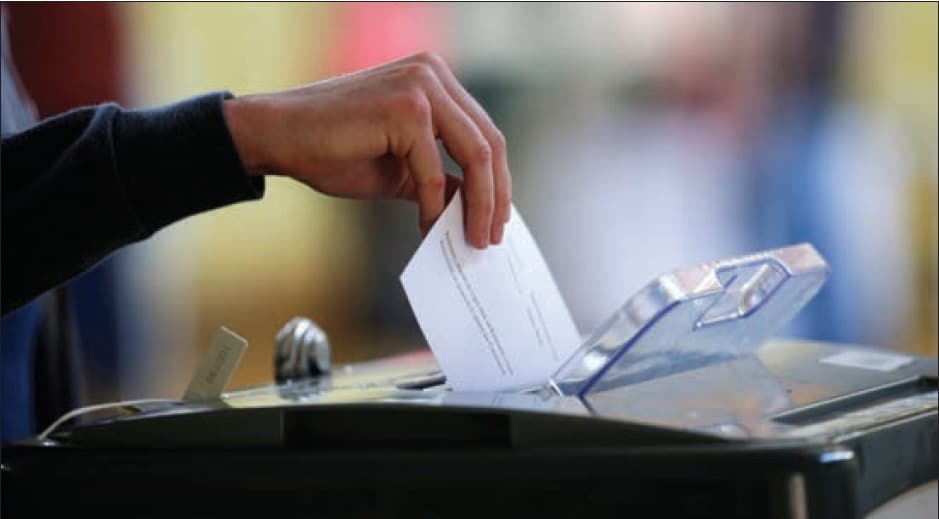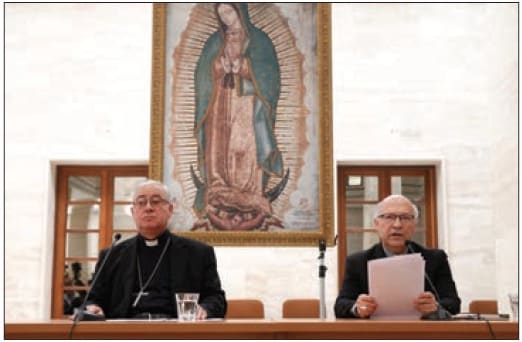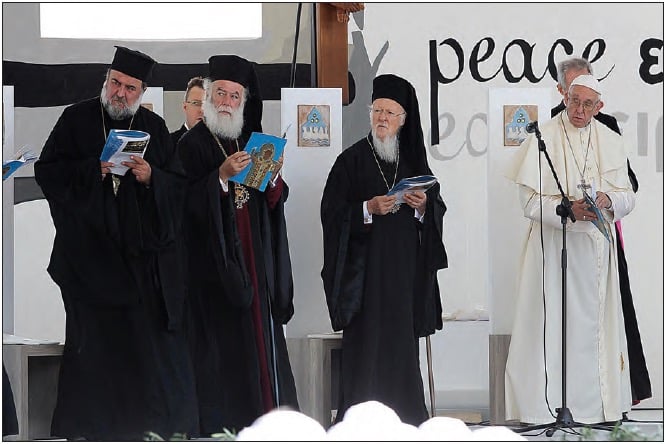Concerns about the role social media plays in elections and political campaigns are commonplace now. Whether it’s the U.S. presidential election or the vote on Britain’s decision to leave the European Union, analysts ponder to what extent the use of social media influenced public opinion.
But when the votes are counted following Ireland’s May 25 referendum on whether or not to remove the right to life of the unborn from its constitution, currently enshrined in the Eighth Amendment, commentators will likely parse the impact the absence of social media had on the campaign. Both Google and YouTube announced on May 9 that they would no longer carry advertisements in relation to the campaign.
Praise and fury
The decision was immediately met with praise from the main pro-choice groups and the government, which has pledged to introduce abortion on demand if the constitution is changed.
| Abortion in Ireland |
|---|
| 1922 After independence from Britain, abortion continued to be banned in Ireland under the 1861 British Offences Against the Person Act, which remained in force.1983 Worried by trends in other parts of the world that saw courts interpret constitutions and laws in a way that permitted abortion, pro-life advocates convinced the government to hold a referendum to insert the right to life of the unborn in the constitution. It was passed by a 2-1 margin and became known as the Eighth Amendment. 1992 2010 2013 2017 |
On the other hand, pro-life groups reacted with fury, and John McGuirk, communications director for the Save the Eighth, even accused Google of trying to “rig” the referendum.
He said that the decision prevents “campaigns that have done nothing illegal from campaigning in a perfectly legal matter.”
McGuirk told Our Sunday Visitor “online was the only platform available to the ‘no’ campaign to speak to voters directly. That platform is now being undermined, in order to prevent the public from hearing the message of one side.”
Pro-life advocates said they are disproportionately affected by the ban since they claim that all mainstream media outlets are campaigning in favor of constitutional change. At the same time, the leader of all political parties represented in the national parliament also are in favor of repealing the Eighth Amendment to provide for abortion.
Google said that it made the decision based on concerns around “electoral integrity.” However, the company refused to elaborate further and would not answer journalists’ questions or provide examples of what they believed was potentially affecting the integrity of the poll.
Electoral integrity
The fact that the decision came just as the pro-life side was gaining traction in opinion polls is not lost on campaigners. Mattie McGrath — an independent member of the legislature who opposes abortion — has accused the Taoiseach (Prime Minister) Leo Varadkar of leaning on the tech giants to pull the advertising.
“I wonder who prompted them. I have a fair idea,” he said. When pressed on what he was referring to, McGrath said “the Taoiseach.”
He added: “The people can see what’s going on. They don’t trust the government.”
Maria Steen of the Iona Institute, who is a leading figure in the pro-life campaign, said she believed the action from Google was taken because one side of the referendum was afraid it is losing the campaign and said that “massive pressure” had been exerted on the online companies from the government, media and “yes” side to take action against ads on the campaign. Campaigners also pointed to the fact that the head of communications for Google in Ireland is a former senior adviser to the government.
Despite the setback, pro-life campaigners were confident of victory. They launched a nationwide campaign sending volunteers door-to-door to ask voters directly to stand up for the unborn in the constitution.
The most recent opinion poll, released on May 6, showed that the “no” side was gaining ground, as were those who said they didn’t know how they were going to vote. It put those who said they would vote to remove the constitutional right to life at 45 percent (down 18 percent on the previous comparable poll), those who would retain at 34 percent (an increase of 10 percent) and undecideds at 18 percent (up five). The remainder of those polled refused to reveal how they would vote.
The Church
Church leaders had largely confined their campaign to pastoral letters read at Masses and comprehensive information about the referendum published in parish weekly bulletins. Bishops avoided the campaign in the public sphere preferring to allow the lay-led pro-life groups to take the front seat.
The Primate of All-Ireland, Archbishop Eamon Martin, was expected to make a final eve-of-poll plea to Massgoers on Pentecost Sunday, May 20 — just five days before the referendum. Speaking May 13 while leading pilgrims to the French Marian Shrine of Lourdes, he urged pilgrims converging on the site from all over the world to pray for Ireland.
“Please pray that Ireland will choose life, and that the lives of all women, and their unborn children will always be loved, valued, welcomed and respected in our country,” Archbishop Martin said.
A rally in Dublin May 13 heard calls for Ireland to be a beacon to the world. If we can say “no” to abortion here, the message was, we can show the rest of the world there is a better way.






